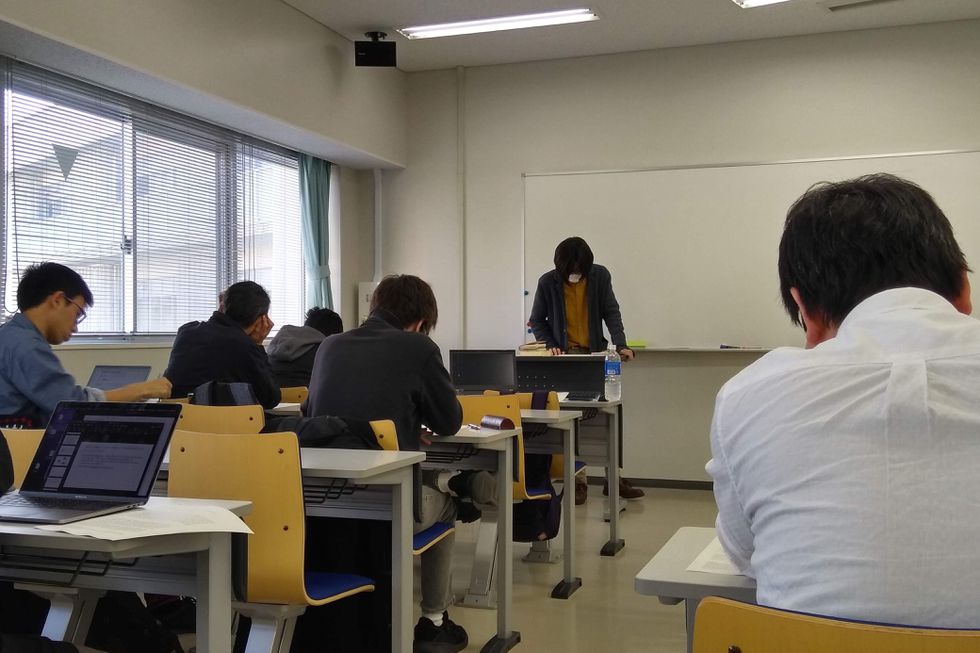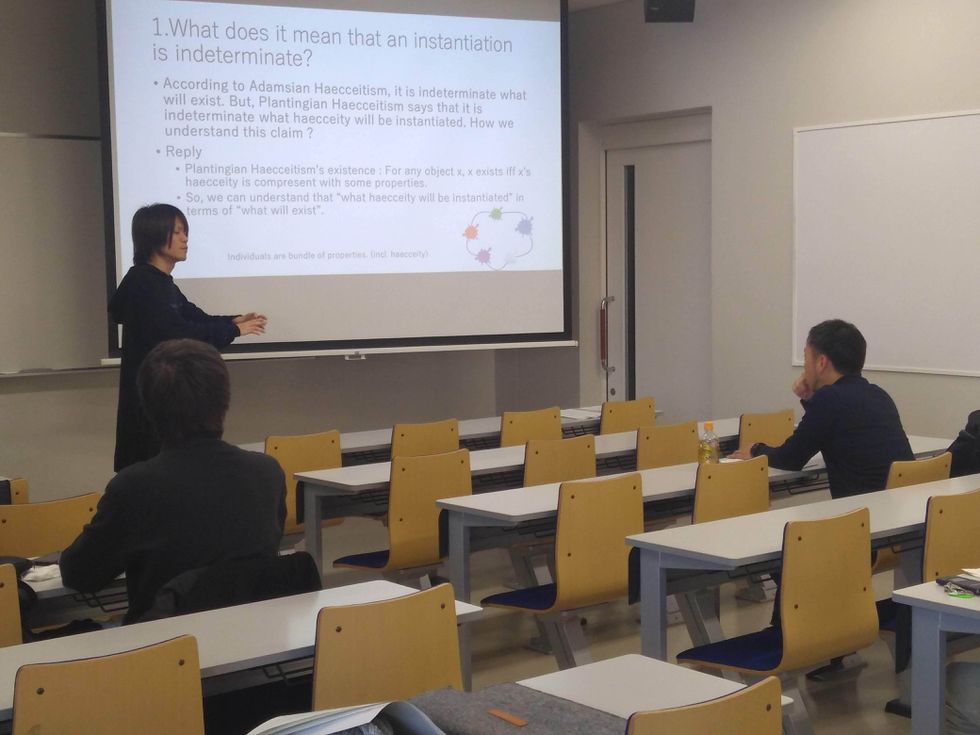

Mini-Seminar 2
Speaker: Yasuo Takano
Title: What is Philosophy of Time for Wittgenstein?
Through his entire career, Wittgenstein propounds no philosophical and well-organized theory of time. However, for later Wittgenstein, Augustine’s characterization of philosophical question about time has a very important role, because it shows that philosophical question concerns not what we don’t know but what we already know. Namely, in Wittgenstein’s view, we already understand what time is if only we do not suspect that time has any nature that is hidden from us. According to Wittgenstein, Augustine overlooks what we already know about time and tries to explain any property of time that we have not discovered yet because of confusion concerning two grammatical rules: one fixes the word ’time’ and another fixes the word ’length.’ In this seminar, we consider what it means that to think about time philosophically through Wittgenstein’s critical comments on the problem established by Augustine.
Speaker: Hiroshi Ohata
Title: Plantingian haecceitism and temporal asymmetry
Haecceitism holds that there are haecceities. Haecceity is often understood as the property of being a certain object and the individuater of that object. For example, haecceity of the Eiffel Tower is the property of being the Eiffel Tower, and it differentiates the Eiffel Tower from Tokyo Skytree and Taipei 101. By the way, according to a certain type of haecceitism, there is a haecceity of the object that does not exist. That is, there are haecceities of being Socrates, a child born at the very beginning of 2100, and Sherlock Holmes. I call this view Plantingian haecceitism. The problem of Plantingian haecceitism is that the future seems to be determinate, because there are haecceities of future particular objects now. I argue that Plantingian haecceitism is compatible with the idea that future is open. I think that there are haecceities of everything, including possible objects and future objects. But it is indeterminate which of them are instantiated, and in that sense the future is open.


